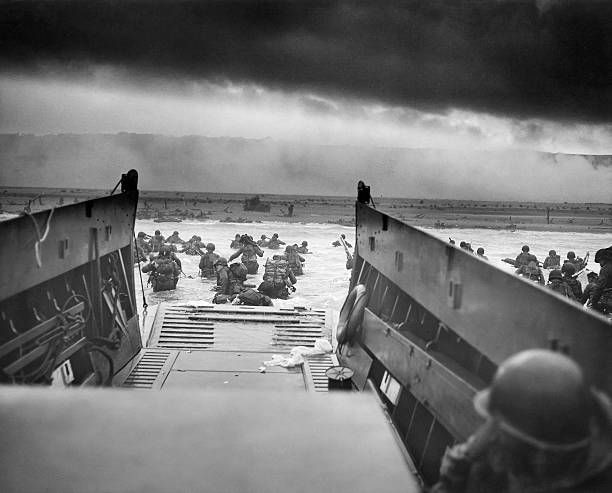SC New DUI Law Update
South Carolina’s New DUI Ignition Interlock Law: A Step Forward for Road Safety
On January 1, 2024, South Carolina took a significant step towards enhancing road safety with the implementation of a new DUI ignition interlock law. This legislation marks a crucial shift in the state's approach to handling DUI offenses, aiming to reduce drunk driving incidents and their devastating consequences.
What is an Ignition Interlock Device?
An ignition interlock device (IID) is a breathalyzer installed in a vehicle that requires the driver to blow into it before starting the engine. If the device detects a blood alcohol concentration (BAC) above a preset limit, usually 0.02%, the vehicle will not start. Additionally, periodic retests are required while driving to ensure continuous sobriety.
Key Provisions of the New Law
The new law mandates the installation of ignition interlock devices for all individuals convicted of driving under the influence (DUI) in South Carolina. Here are the key components:
- Mandatory Installation: All DUI offenders, including first-time offenders, must install an IID in their vehicles. This is a shift from previous laws that required IIDs only for repeat offenders or those with a BAC of 0.15% or higher.
- Duration: The duration for which the IID must be used varies based on the severity of the offense. First-time offenders are required to use the device for six months, while repeat offenders might need it for a year or more.
- Monitoring and Reporting: The IID records data on BAC levels and attempts to start the vehicle. This data is periodically reviewed by monitoring authorities to ensure compliance.
- Costs: Offenders are responsible for the costs associated with the installation, maintenance, and monitoring of the IID. However, financial assistance programs are available for those who qualify based on income.
- Penalties for Non-Compliance: Failure to install or tamper with the IID can result in extended use of the device, fines, and potential imprisonment.
The Rationale Behind the Law
The primary goal of this law is to enhance public safety by preventing DUI offenders from repeating their offenses. Drunk driving is a leading cause of road accidents, fatalities, and injuries in the state. By ensuring that convicted DUI offenders cannot operate a vehicle while intoxicated, the likelihood of repeat offenses is significantly reduced.
Impact on Road Safety
Studies from other states with similar laws have shown a reduction in DUI recidivism and alcohol-related crashes. For instance, states like Arizona and New Mexico saw a decline in alcohol-related traffic fatalities after implementing mandatory IID laws. South Carolina hopes to replicate these successes, ultimately saving lives and reducing the societal costs associated with drunk driving.
Public Response and Future Implications
The introduction of the new law has received mixed reactions. Advocates for road safety and victims' families have praised the law, emphasizing its potential to save lives and reduce repeat offenses. Critics, however, argue about the financial burden it places on offenders and question the fairness of mandatory IIDs for first-time offenders.
As the law comes into effect, it will be crucial to monitor its implementation and impact. Lawmakers and public safety officials will need to address any challenges that arise, such as ensuring accessibility to financial assistance programs and maintaining robust monitoring systems.
Conclusion
South Carolina's new DUI ignition interlock law represents a proactive approach to tackling drunk driving. By mandating IIDs for all DUI offenders, the state aims to create safer roads and reduce the tragic consequences of drunk driving. As the law takes hold, its success will be measured in lives saved and a reduction in DUI-related incidents, marking a significant stride towards a safer South Carolina.
Let’s continue to support measures that promote responsible driving and protect our communities from the dangers of impaired driving. Together, we can make our roads safer for everyone.











